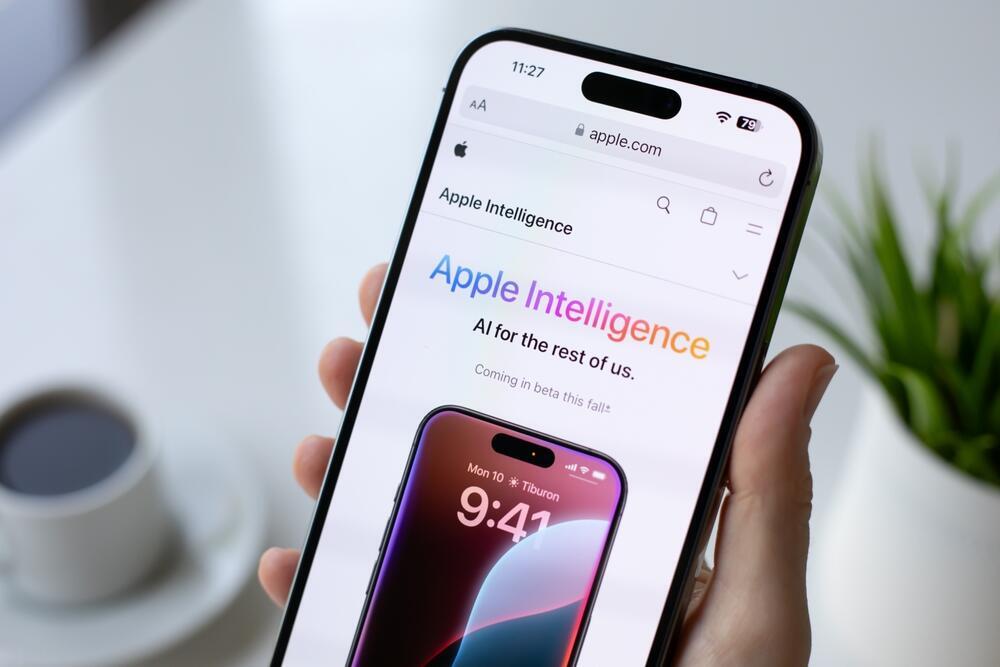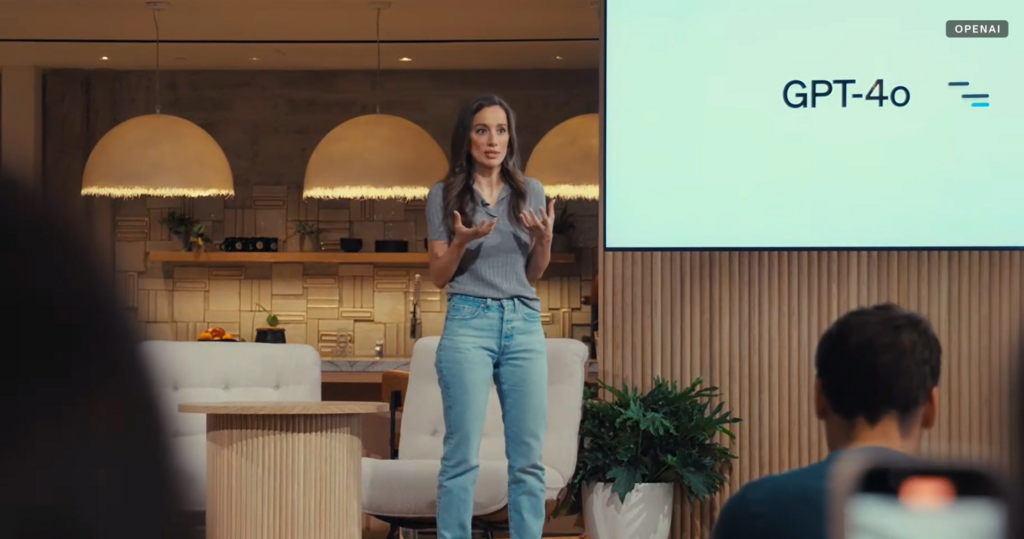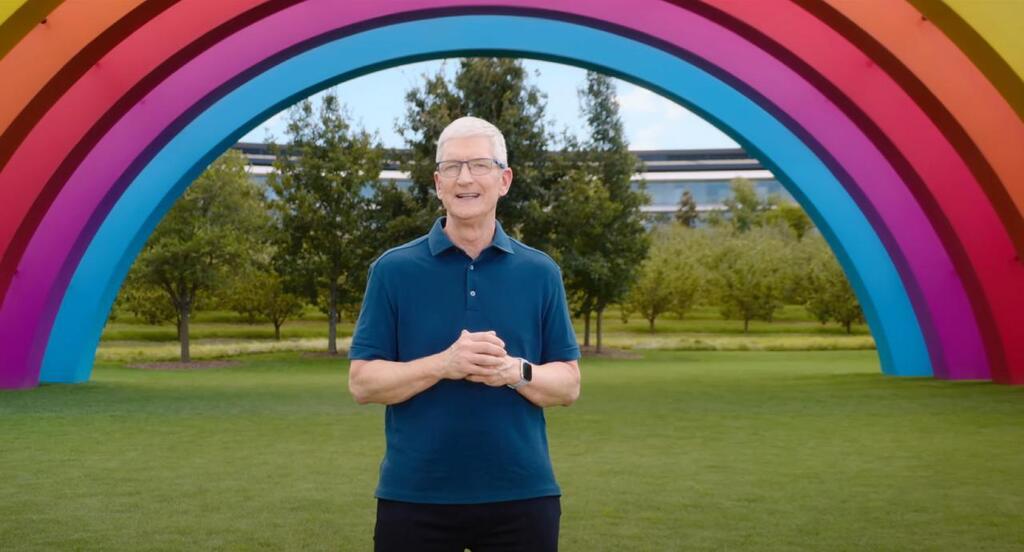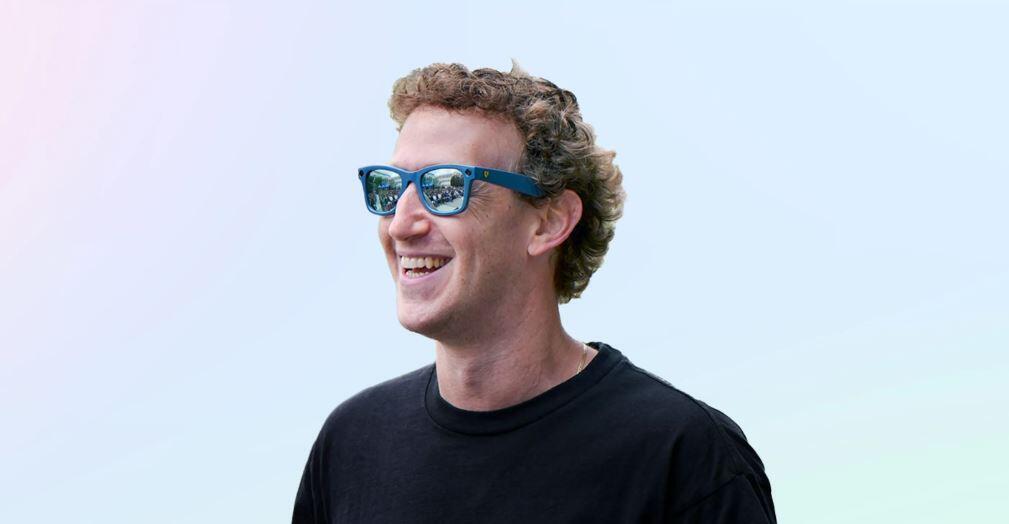Last week, Apple officially surprised everyone with the release of a new iPad Mini, marking the first update to the model in three years. The design hasn't changed much—it looks slightly more rounded, but overall, it's the same iPad, with even the screen bezels remaining relatively thick compared to modern tablets.
The main difference between this iPad and its predecessor lies under the hood, as it now comes with the A17 Pro chip, the same processor introduced last year with the iPhone 15 Pro. It also boasts 8GB of RAM. If this sounds familiar, you're likely keeping up with Apple, as these specs are the minimum required to run Apple's AI system, known as Apple Intelligence.
The surprise launch centers around the new iPad’s ability to handle AI, just like the iPhone and iPad Pro. However, as we've already reported, Apple's AI isn’t expected to roll out anytime soon. In fact, the first feature from this system will officially launch only at the end of this month, and only in the U.S. Users will need to perform a manual software update to access it. While the update process isn’t complicated, I know some users aren’t quick to update their devices.
The first feature to be released will be Notification Summaries, followed by Image Playground for creating images, Genmoji for avatar creation, and the highly anticipated Siri update, which is expected to bring it on par with Gemini, Claude or ChatGPT.
Despite promises, Apple still lags behind
There’s a catch, though. According to a Bloomberg report, internal Apple studies reveal the company is still far from offering tools that can compete with the best from Google or Microsoft. Tests show that ChatGPT is 25% more accurate than Siri—a concerning figure for Apple’s long-standing assistant, especially given the well-known "hallucination" issues large models face.
The research also found that ChatGPT can handle 30% more questions than Siri, meaning there’s a significant chunk of information—around a third more—that ChatGPT knows and Siri doesn’t. The conclusion drawn by Apple’s researchers is clear: the company is about two years behind other tech giants in AI and model development.
The outcome: Apple now has to prove it’s not just good, but exceptionally good. The problem: over the past six months, Apple has made numerous tactical missteps that seem hard to believe for a company of its experience.
Take the launch of the Vision Pro last year and the abrupt pivot to AI shortly after. Another example? The cancellation of the car project in favor of VR, which also turned out to be a mistake. And, of course, the launch of the new iPhone, which includes a new button and AI-ready components—but no AI itself.
Tim Cook’s interview reads like a letter to investors
It’s no surprise, then, that Apple CEO Tim Cook gave an extensive interview to The Wall Street Journal, the world’s leading financial newspaper, this past weekend. In it, he aimed to justify his decisions and paint Apple’s future as brighter than a herd of rainbow-maned unicorns. In other words, Cook was trying to reassure investors to hold onto their shares a little longer, instead of selling and triggering a market collapse.
Cook has been at Apple’s helm for 13 years, yet it's hard to say he has offered a future vision comparable to what other tech leaders are presenting—good or bad. Even Google’s often dull Sundar Pichai has decent ideas. But Cook? His vision remains unclear.
Apple pushed forward energetically through the end of the last decade, relying on the remnants of Steve Jobs’ master plan. Like Harry Seldon from Isaac Asimov’s Foundation series, Jobs left clear instructions for the future. But then came the split with Jony Ive, Apple’s chief product designer, and Cook thought he could steer the ship alone.
Now it seems that wasn’t quite the case. While Apple will likely manage to offer AI products like its competitors, and might even mask the delay under the guise of "preferring simple, well-functioning products for the customer," it doesn’t change the fact that this delay shouldn’t have happened in the first place.
Apple follows Meta’s lead as vision for VR and AR falters
Apple’s vision for VR and AR hit a snag this month. Meta, in collaboration with eyewear giant Luxottica, posted impressive sales numbers for its Meta-Ray-Ban smart glasses. So much so that a senior executive at EssilorLuxottica, the world’s largest eyewear company, called the glasses "the surprise hit of the summer."
In response to Meta’s success, which features sleek Ray-Ban glasses instead of Apple’s bulky ski goggle-like Vision Pro, Tim Cook was quick to announce that Apple’s next iteration of headsets will resemble Meta’s Ray-Bans. Cook also revealed plans for a cheaper, simpler version of the Vision Pro, intended to compete with Meta’s $300 Quest VR headset. The big question now is: will Apple’s “affordable” version be priced at $300—or closer to $3,000?
Regardless, Cook’s smooth talk in a newspaper won’t fix Apple’s image problem. He’ll likely need to work hard to avoid pressure from the board, which may seek to replace him—possibly with the return of Jony Ive or a figure like Sam Altman to lead Apple into the mid-21st century. After all, it worked for Microsoft: following Steve Ballmer’s disastrous tenure, Satya Nadella’s cloud and AI vision revitalized the company, making it a market leader once again.
But success isn’t guaranteed. Take Intel, where new blood in CEO Pat Gelsinger has yet to fully right the ship, despite some positive signs. Apple, too, needs fresh leadership and direction. While it has never been a company to rush into new fields, when it does, its products are expected to be flawless.
So far, neither its entry into VR nor AI has impressed, especially considering Apple’s supposed commitment to “perfection.” It remains to be seen if this is the beginning of Apple’s decline from tech dominance, or just a temporary glitch that will be corrected down the line.
Get the Ynetnews app on your smartphone:







